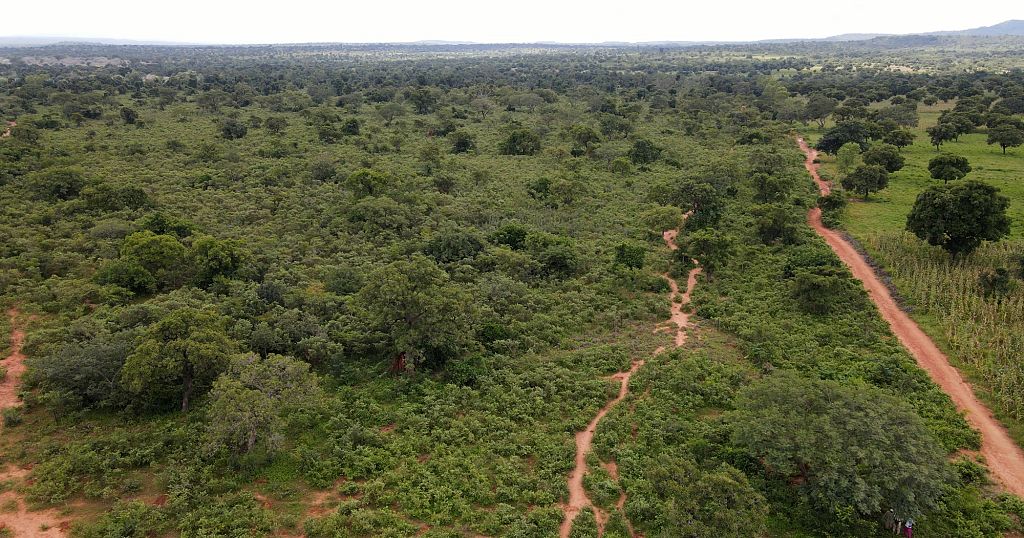Mali’s army has escalated efforts to secure a vital trade route after al-Qaida-linked militants launched a series of attacks on fuel trucks. On Wednesday, troops escorted fuel and civilian convoys in the country’s southwest region, according to state media. The move comes in response to recent attacks by militants affiliated with Jama’at Nusrat al-Islam wal-Muslimin (JNIM), who have burned and destroyed around 100 trucks transporting fuel to the capital, Bamako.
State TV reported that 40 buses carrying people were escorted in Torodo, while over 30 tankers, lorries, and civilian vehicles from Senegal were also protected this week. The attacks are seen as a significant escalation of tension in the south of the country, which had previously been less affected by militant activity. Analysts warn that the ban on fuel imports from neighboring countries, announced by JNIM two weeks ago, poses huge risks for Mali’s fragile economy and is a setback for the military junta.
The recent attacks mark a shift in the militants’ strategy, with the south now becoming a focal point of their operations. According to Ulf Laessing, Head of the Sahel Program at the Konrad Adenauer Foundation, “the army needs to allocate more resources to the south,” which may be the goal of the jihadists. The attacks create a sense of uncertainty, with people never knowing when they might strike, Laessing added.
The situation in Mali has been volatile in recent years, with the country facing numerous security challenges, including terrorism and insurgency. The military junta has been working to stabilize the country, but the recent attacks highlight the ongoing risks and challenges. As the situation continues to unfold, the international community will be closely monitoring developments in Mali, with a focus on finding a lasting solution to the country’s security and economic challenges. The protection of trade routes and the stability of the economy will be crucial in the coming days and weeks.
